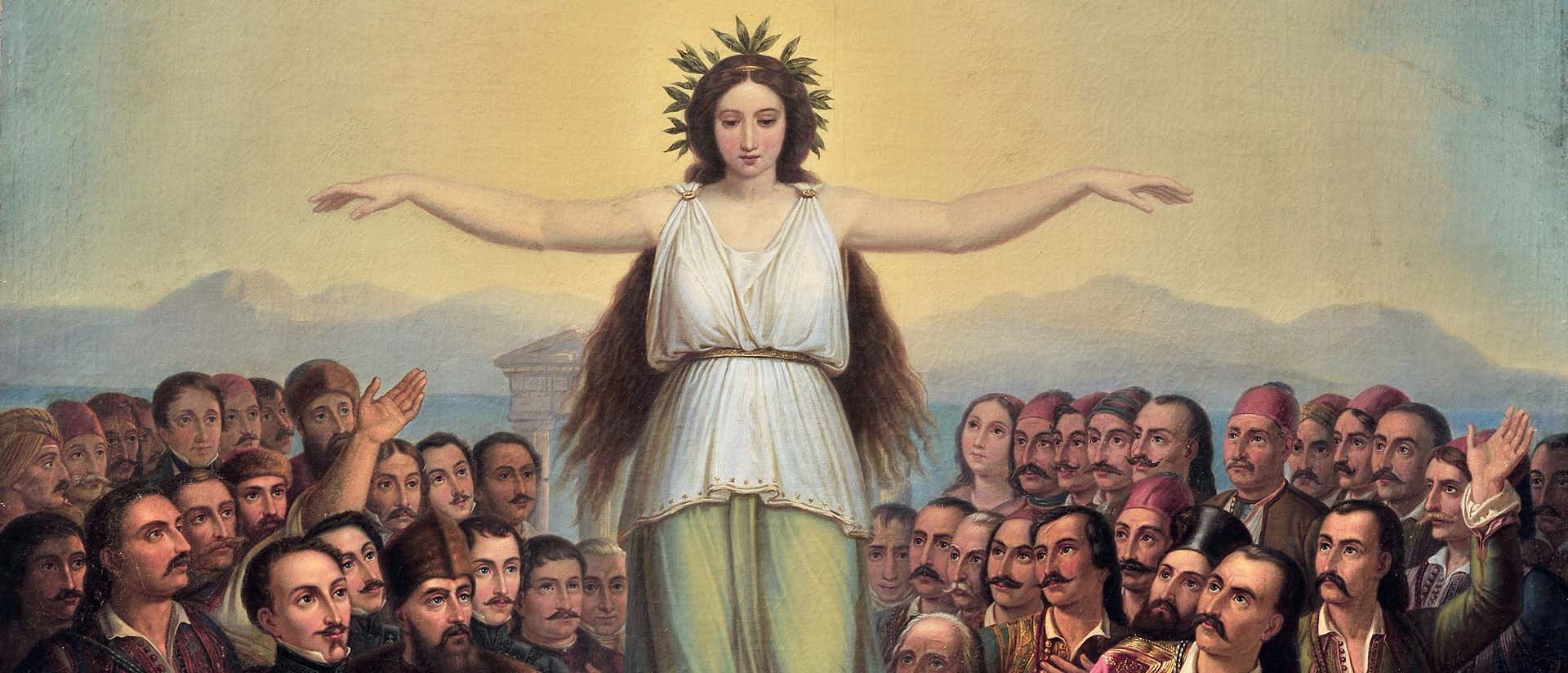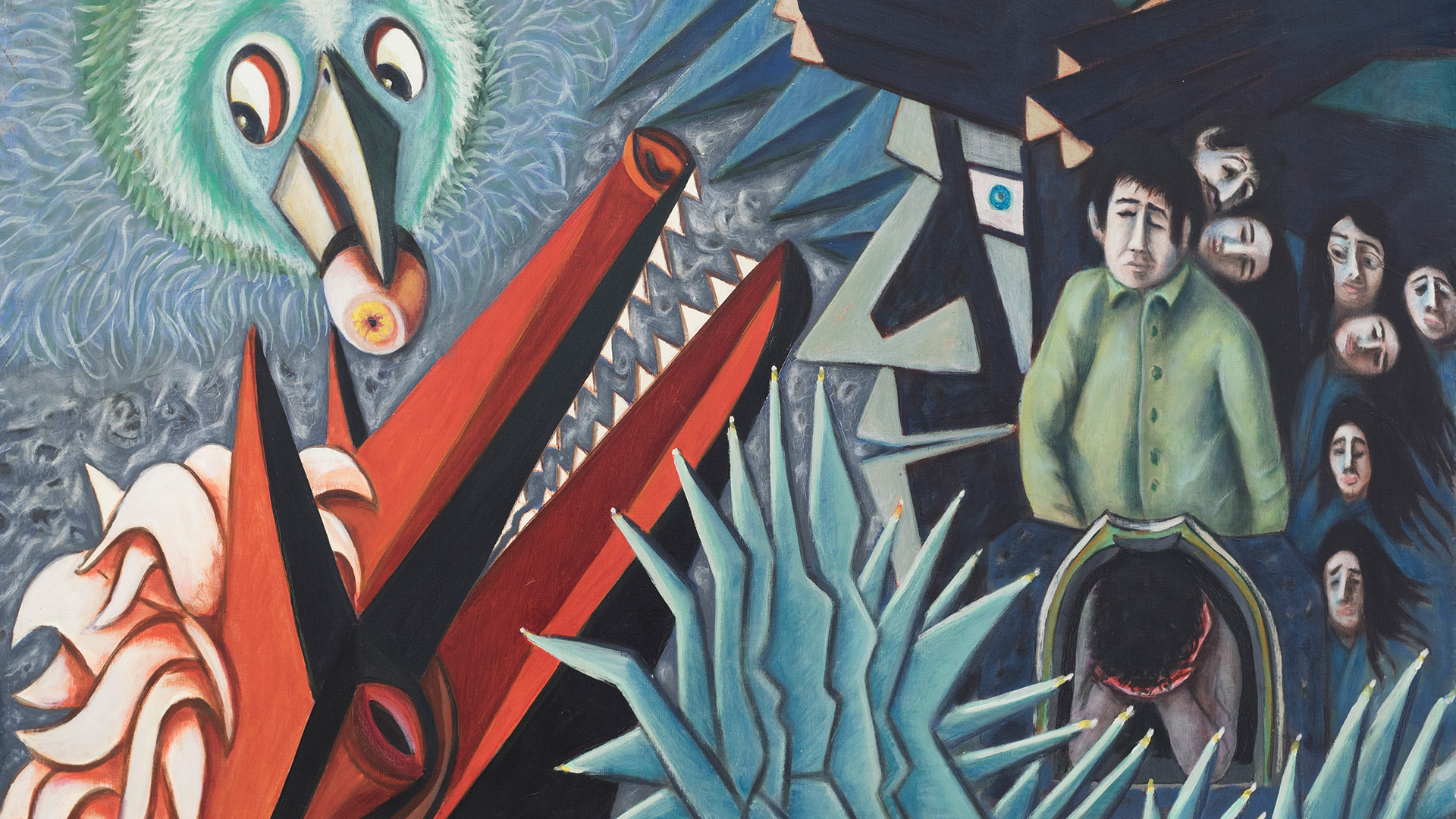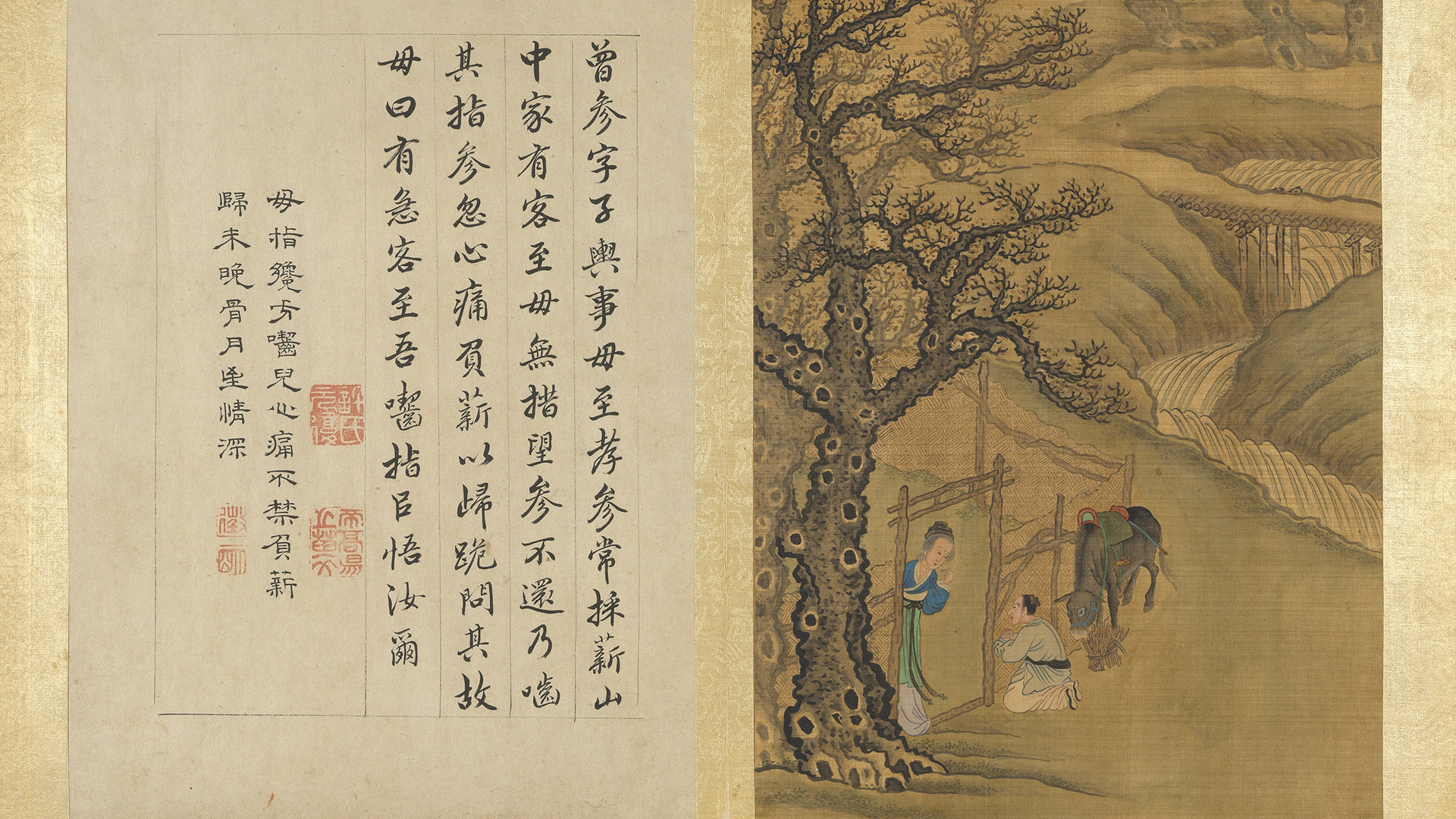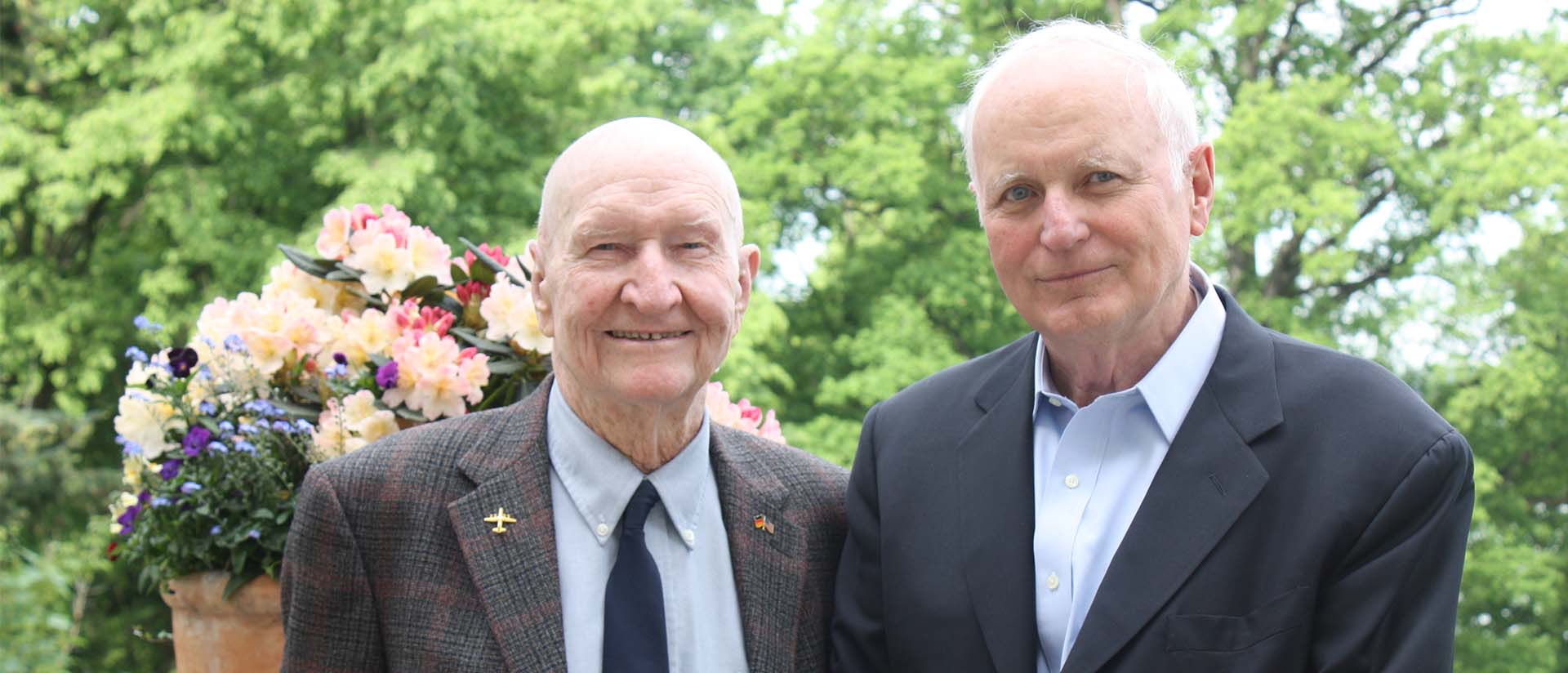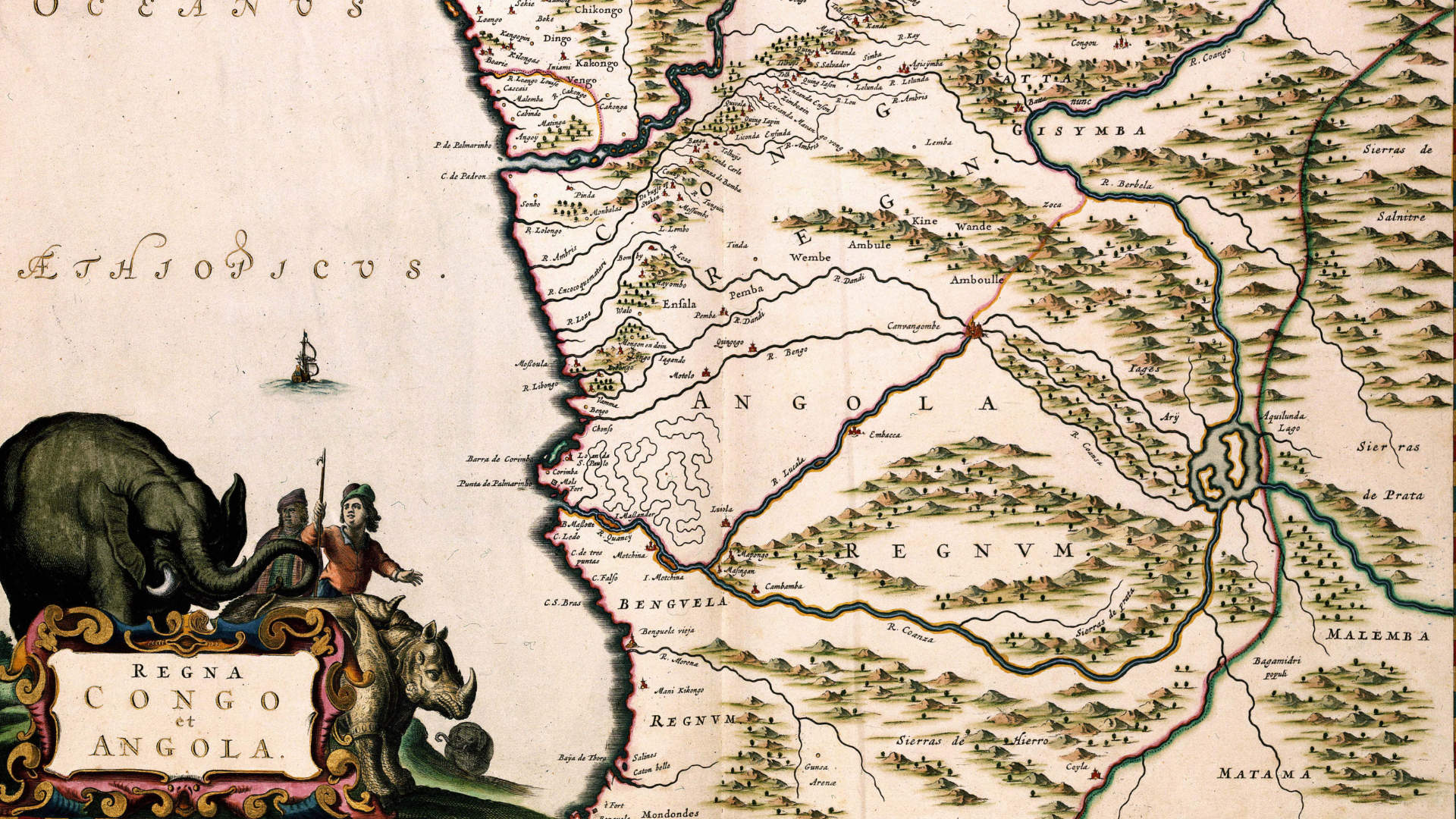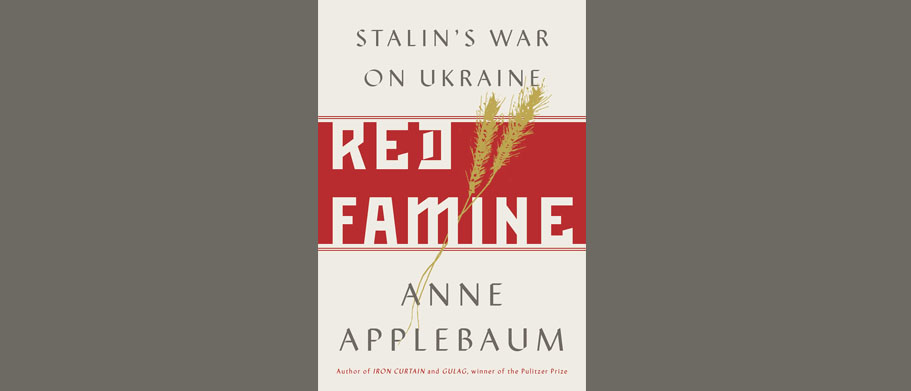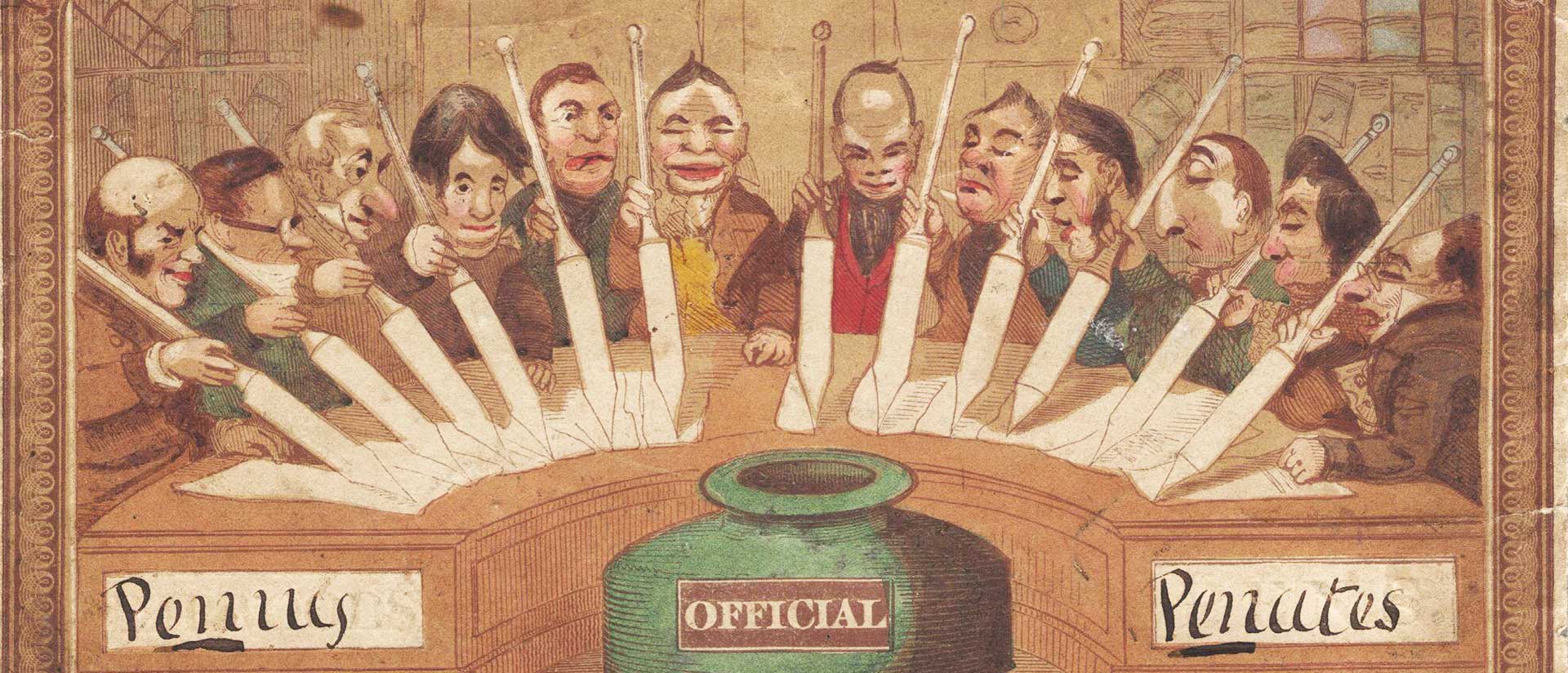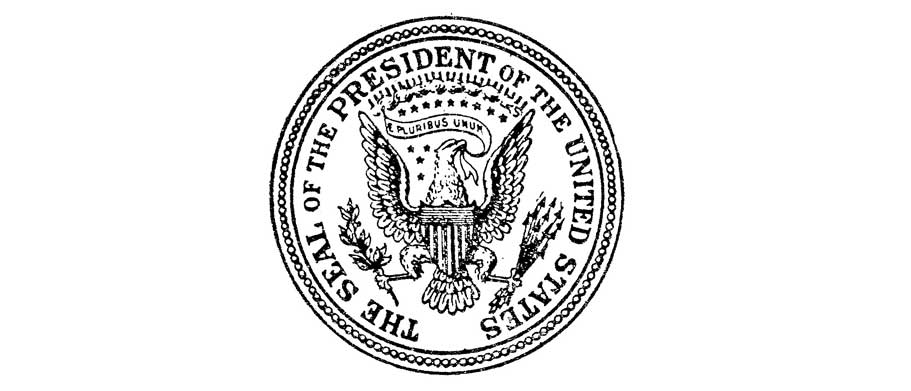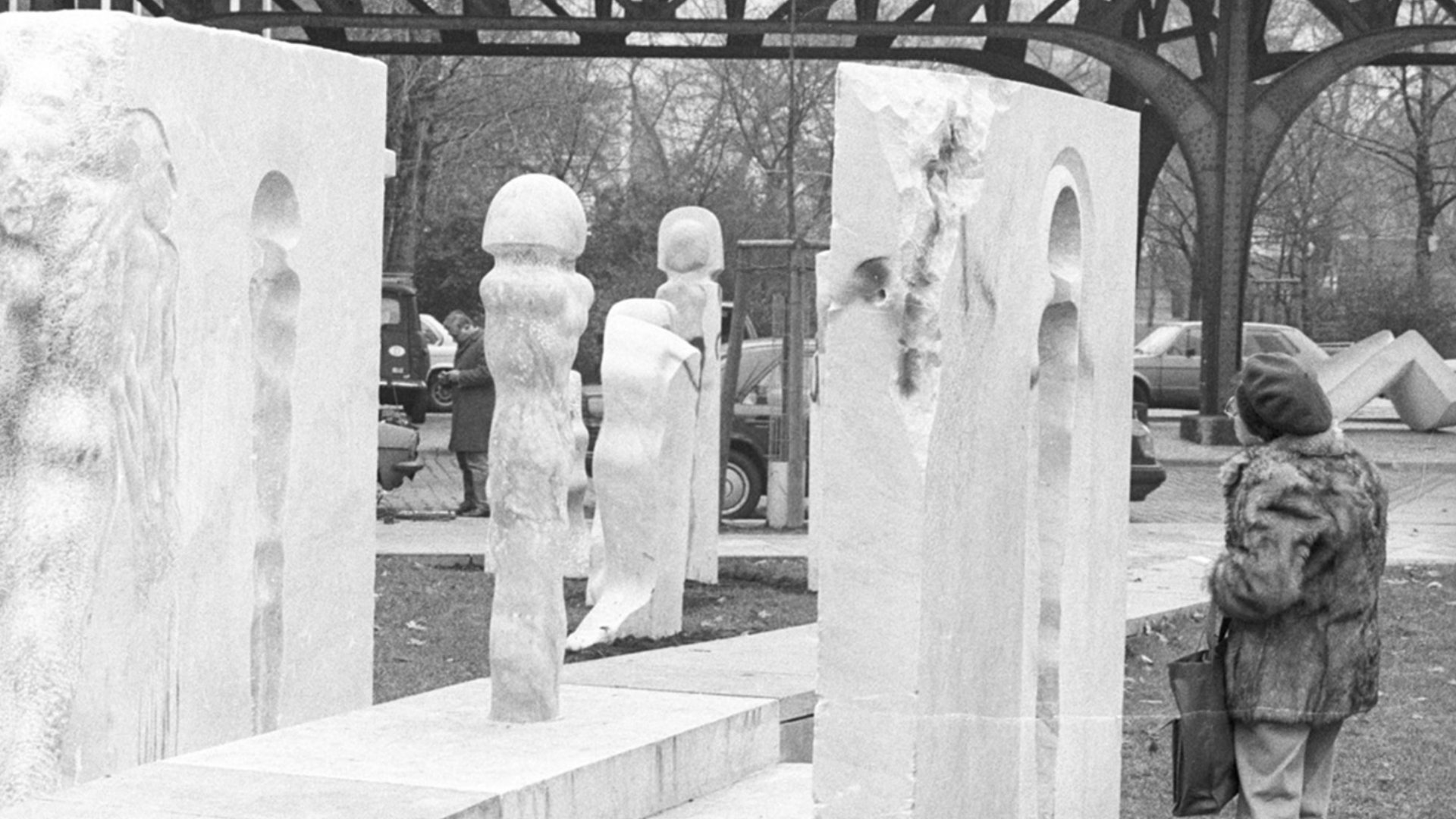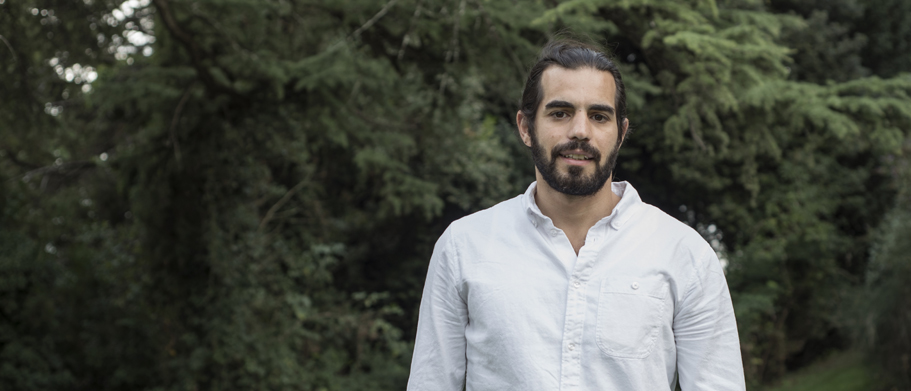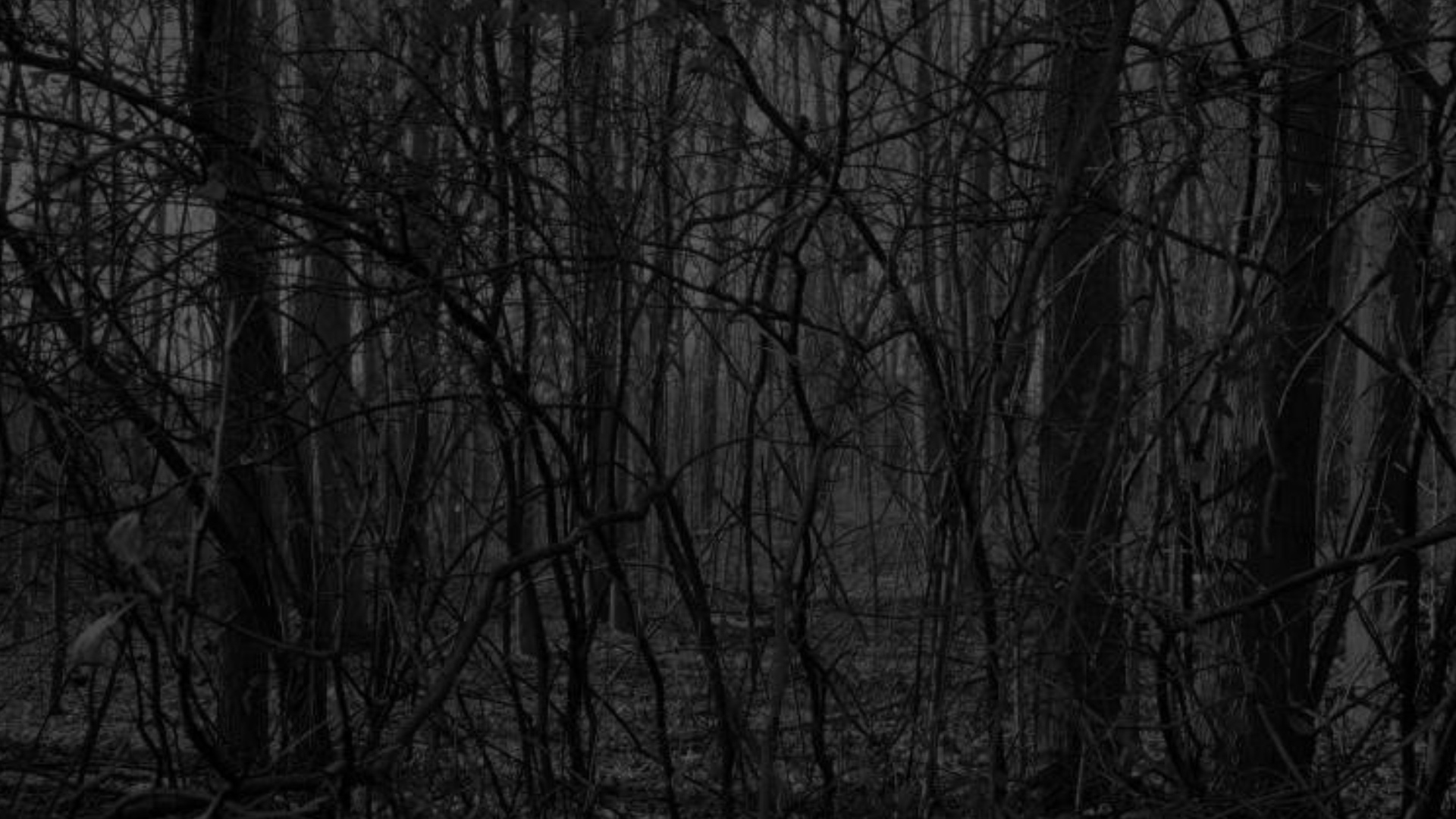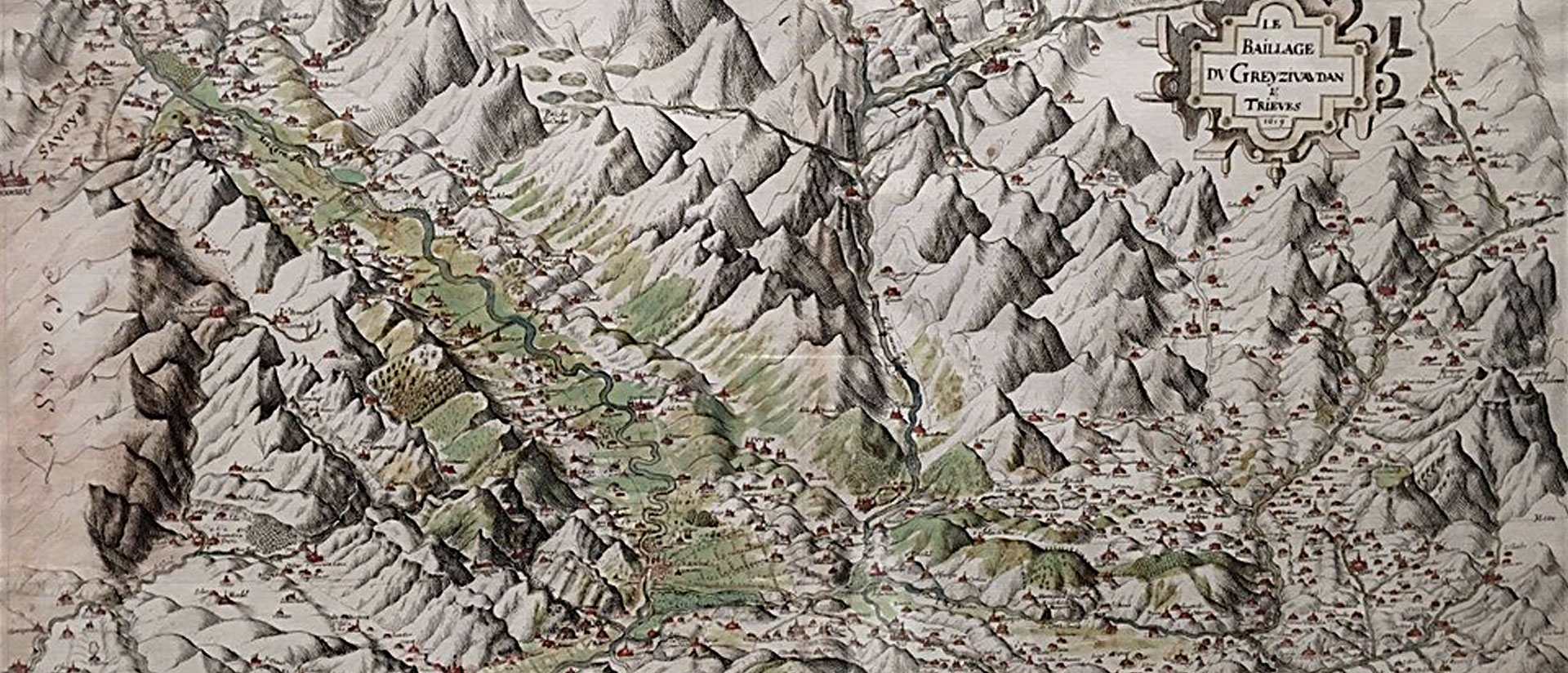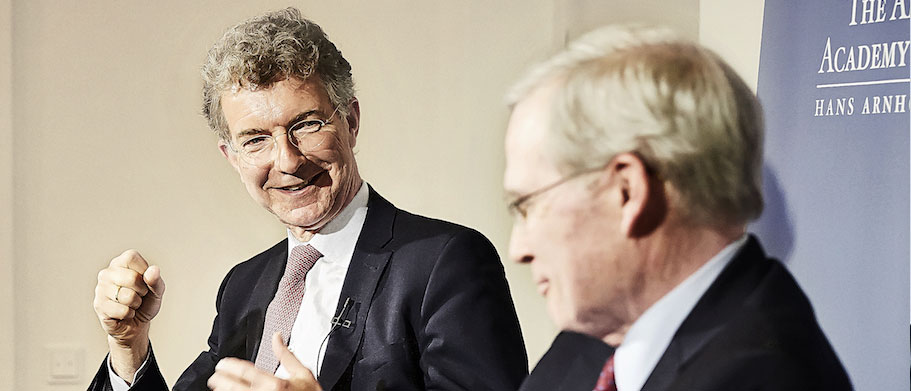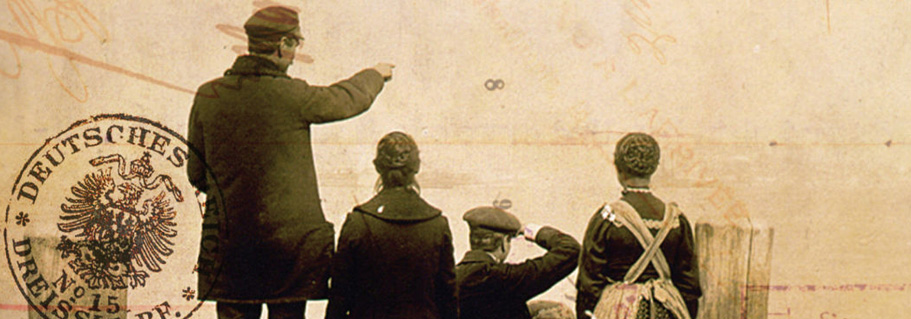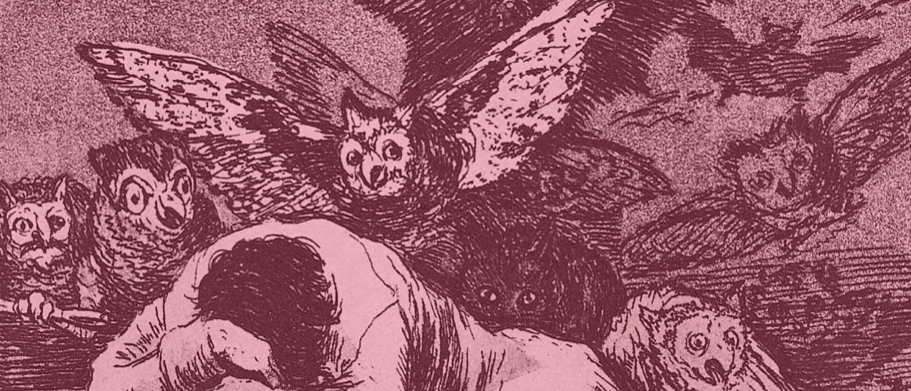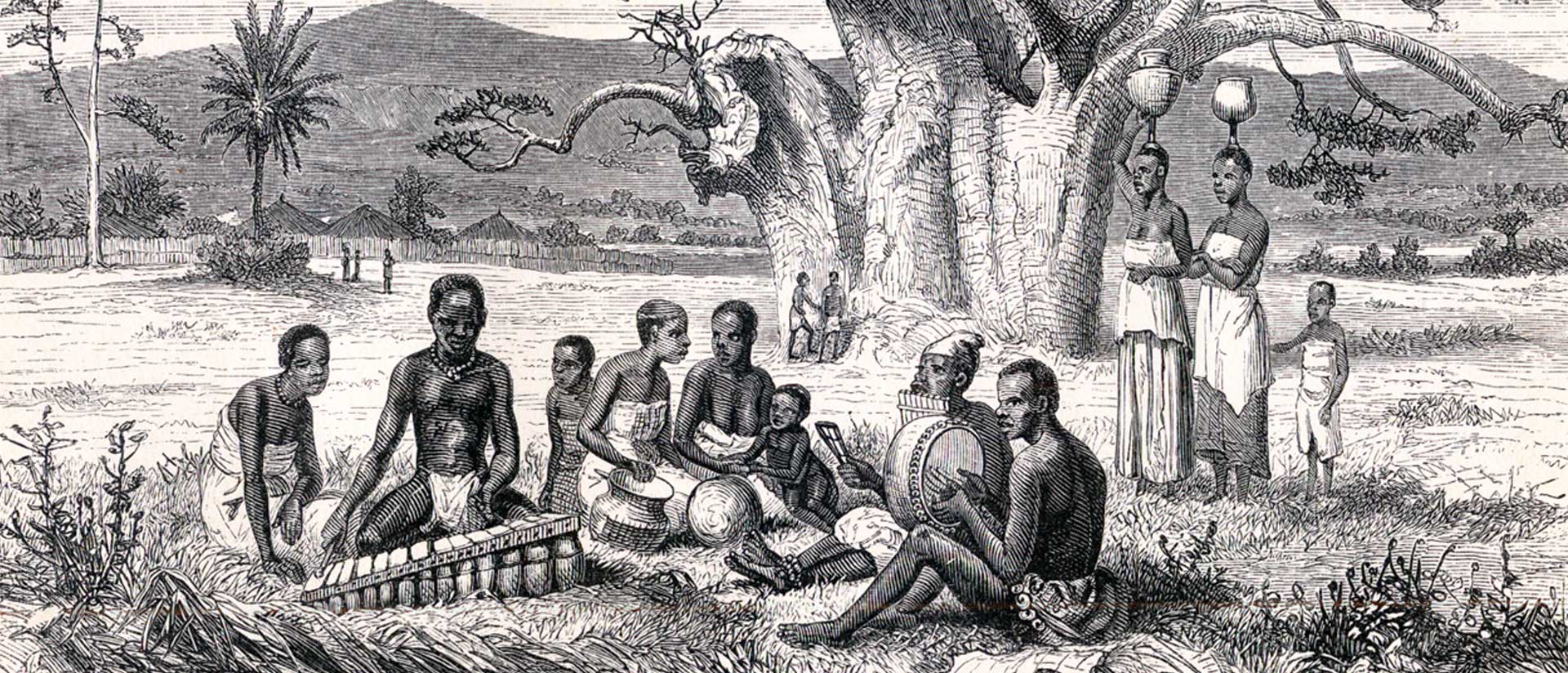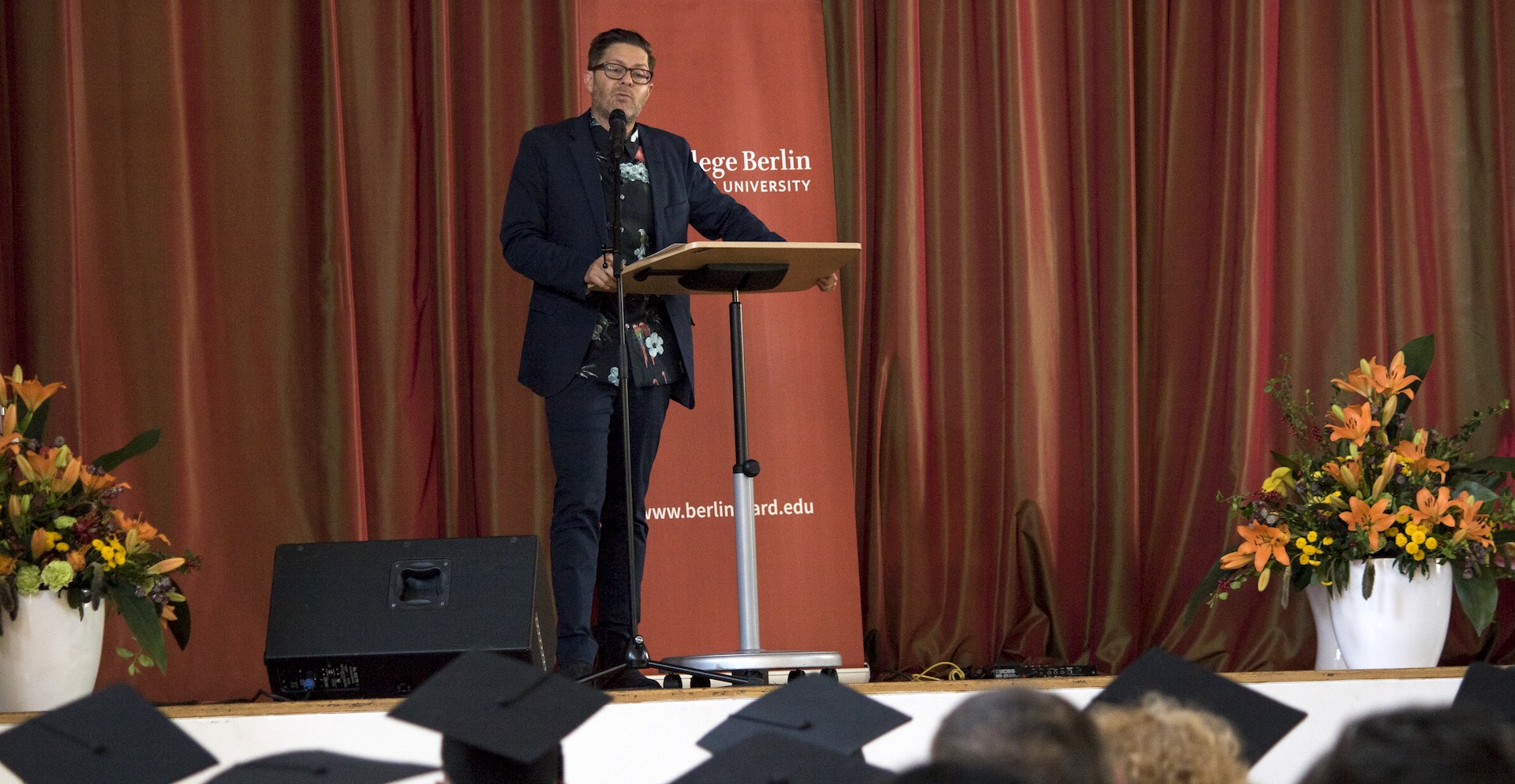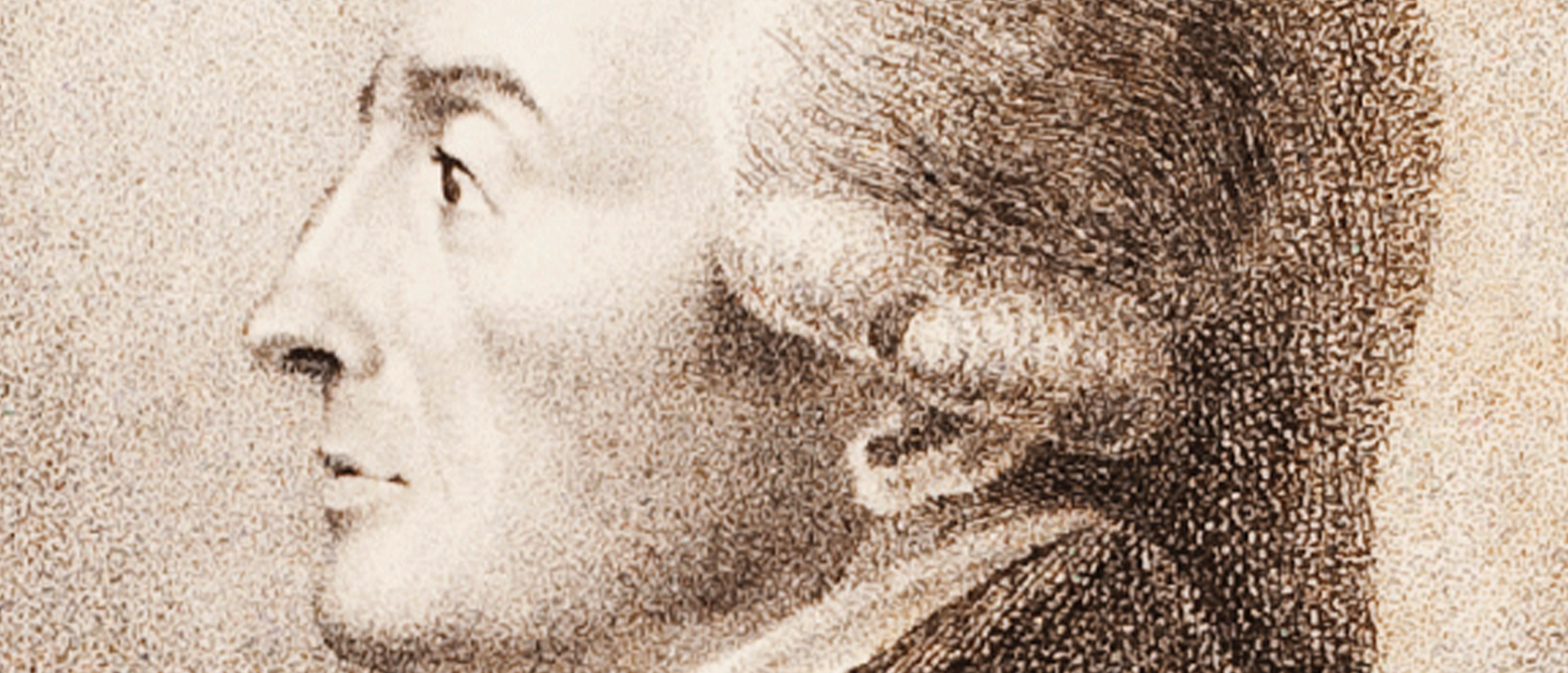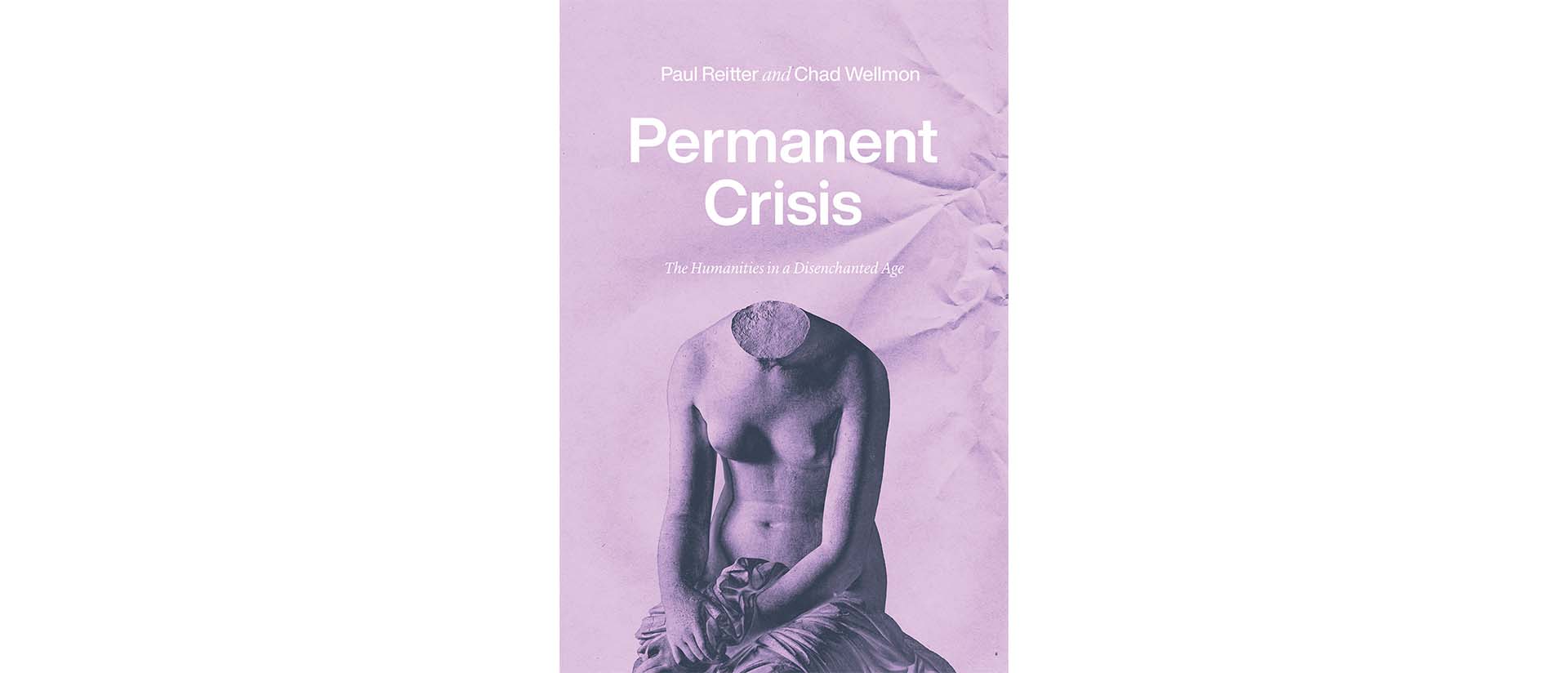
Permanent Crisis
Permanent Crisis: The Humanities in a Disenchanted Age
By Paul Reitter and Chad Wellmon
University of Chicago Press
August 2021, 320 pages
A review by Warren Breckman
Anyone even slightly familiar with the state of contemporary American higher education will know that the defenders of the humanities feel themselves under attack. The STEM disciplines, as well as utilitarian programs such as business education, seem to have captured all the forward momentum, most of the resources, and ever-increasing numbers of students.
A crisis in the humanities’ institutional position dovetails with a perceived crisis of their mission. Attacks on canons and long-standing scholarly and pedagogical practices alike have shaken the humanities’ sense of purpose, even as they are summoned to amplify their purposeful interventions in our common cultural, social, and political lives. We are all familiar with calls rallying us to the traditional functions of the humanities—training young people into good citizenship and enriched lives, curating and contributing to humanity’s pursuit of meaning, and uplifting us through contact with the quintessentially human, the beautiful, true, transcendent, and enduring. Nothing less than the deeper purposes of the university as well as the direction of our civilization seem at stake. This past August, a fresh and important book intervened in this debate, Permanent Crisis: The Humanities in a Disenchanted Age, by Paul Reitter and Chad Wellmon, offering a sharply revisionist argument combined with a detailed intellectual history.
Nothing less than the deeper purposes of the university as well as the direction of our civilization seem at stake.
Champions of the modern humanities routinely present a declension narrative: an age-old form of knowledge and teaching has fallen from the center to the margins of our institutions and lost its power to communicate values and dispositions that are crucial to human flourishing. Wellmon and Reitter argue, by contrast, that the modern humanities are, in fact, not the products of an unbroken tradition reaching back to the Renaissance and ultimately, to antiquity. Rather, they are relatively new innovations, and their development has been staccatoed, not steady. Wellmon and Reitter insist on a significant break between the studia humanitatis as they had emerged in the Renaissance and declined by the early eighteenth-century, and a new scholarly sensibility that developed around the year 1800, above all in Germany. They challenge the familiar notion that Wilhelm von Humboldt pioneered the idea of Bildung—the ideal of modern humanist education—and upon it founded a new form of university, realized in the University of Berlin. Humboldt’s absolutely crucial role turns out to be largely a retrospective invention of late nineteenth-century German scholars eager to create a compelling genealogy for their own practices and values as they faced the rapid growth of specialized research seminars and institutes and the triumphal march of the natural and physical sciences through the expanding German university. And, instead of the seamless dissemination of the German Bildung ideal into the foundational moment of the American research university, Reitter and Wellmon show that American rhetorical invocations of the cultural role to be played by the humanities and even the institutionalization of humanities disciplines and programs were products of a period stretching from roughly 1930 to 1960. Even the association of humanities education with democratic citizenship turns out to be of quite recent American vintage.
The declension narrative rests upon the belief that the cultural role once played by the humanities has come under attack by the forces of modernity—empirical knowledge, specialization of scientific and cultural work, fragmentation of knowledge, and the ascendancy of utilitarianism—and it is incumbent upon societies and their educational institutions to protect and enhance the humanities if they are to meet and overcome the crisis of modernity with humane, conciliatory, and even therapeutic values. Reitter and Wellmon insist on a very different premise: even in the formative moments of the modern humanities, in Germany around 1800, advocates of a certain kind of learning pointed to the negative effects of the natural sciences and an increasingly individualistic and utilitarian society, while presenting styles of learning anchored in philosophy and philology as antidotes to these effects. Having made this argument in the emergent moment of the modern humanities, later generations of their champions regularly repeated it. Crisis was not something visited upon the humanities subsequent to their founding. As Reitter and Wellmon put it,
“For nearly a century and a half, claims about a ‘crisis of the humanities’ have constituted a genre with remarkably consistent features: anxiety about modern agents of decay, the loss of authority and legitimacy, invocations of the ‘human’ in the face of forces that dehumanize and alienate humans from themselves, one another, and the world. And these claims typically lead to the same, rather paradoxical conclusion: modernity destroys the humanities, but only the humanities can save humans from modernity, a circular story of salvation in which overcoming the crisis of modernity is the mission of the humanities. Without a sense of crisis, the humanities would have neither purpose nor direction. [. . .] [The humanities] did not precede the maelstrom of modernity but emerged from within it.”
Nor were the humanities victims of the narrowing spectrum of specialized disciplines. Even as the humanities presented themselves as a moral force, they constituted themselves as methodologically rigorous and discrete disciplines. Far from being casualties of modern academic specialization, the modern humanities were products of it.
Among a large cast of familiar and unfamiliar voices in the nineteenth and twentieth-century German debate about higher education, Max Weber is undoubtedly the hero of Wellmon and Reitter’s story. In a context where even many natural scientists believed in the crucial moral supplement of the humanities, Weber never believed any academic discipline could rescue humankind. His skepticism climaxed in his famous lecture Wissenschaft als Beruf, addressing students in Munich on November 7, 1917, while a seemingly interminable war inflicted great suffering on both the battle- and homefronts and as many students and professors clamored for a new and charismatic intellectual light. Weber refused to give it to them.
He insisted instead that the unity of learning is irretrievably lost. Any significant achievement rests on specialization. Moreover, the pursuit of knowledge contributes to the disenchantment of the world. But in the face of this sense of loss, the modern scholar should not succumb to fantasies of totality, rediscovery of mystery, or transcendence through charismatic personality. Rather, she must embrace this condition and cultivate the specific values and rigors of her scholarly discipline. “The division and specialization of labor were not problems to be solved; they were moral solutions for a new reality,” write Reitter and Wellmon. The scholar must refrain from preaching ultimate ends—values—to students. As Wellmon and Reitter put it, responsible teachers “can teach students to understand how values conflict with one another, and that acting in accord with their values will have specific social consequences, which is a part of having ‘genuine character.’” One of the book’s most poignant passages sums up Weber’s position: “As Freud did with modern civilization, Weber called for perma¬nent tension, permanent struggle, in a phrase, permanent crisis—the refusal to assume that a meta-knowledge or university-based discourse can provide a unifying, totalizing way of life. That is what it meant to live as an intellectual adult in the modern world.”
Many of Weber’s German contemporaries were unwilling to accept his heroic though ascetic stance toward some of modernity’s most alluring desires. Wellmon and Reitter’s final chapter gives ample evidence that American participants in the discourse of crisis have typically been just as loathe to accept Weber’s counsel. Instead of working through to a new perspective, the discourse has tended toward repetitive portrayals of the humanities as both the imperiled victim of a crisis and the privileged redeemer from that crisis. The crisis discourse, they write, has trapped humanities scholars in “inherited contradictions, oppositions, and presumptions. It has also blinded humanities scholars to the paradoxical relationships, competing goods, and different ends that have characterized knowledge practices and technologies practices for centuries.” The result has been a tendency toward defensive justifications of the modern humanities, blindness to the difficulties of adapting older Western humanist traditions to more contemporary, egalitarian, and democratic ends, and overpromising on what the modern humanities can deliver.
Many of Weber’s German contemporaries were unwilling to accept his heroic though ascetic stance toward some of modernity’s most alluring desires.
In search of a path beyond this impasse, Reitter and Wellmon return in their conclusion to Max Weber. His sober, disciplined depiction of scholarly work urges the humanist not to inculcate values but to lead students toward conscientious reflection on values they regard as their own.
I had the pleasure of reading this extraordinary book in manuscript form for the University of Chicago Press, and since my first reading, in autumn 2019, we have had startling reminders of the fragility of our political order and we have suffered the ordeal of a global pandemic. These circumstances have undoubtedly sown existential anxiety and epistemic uncertainty. But they also open new opportunities—indeed imperatives—for reflection on meaning, inclusiveness, integrity, courage, pluralism, and possible futures. Permanent Crisis ends with the persuasive argument that the modern humanities will most effectively serve that imperative when they renounce their lingering attachment to the purposes of the human and embrace their relationship to the plurality of human purposes.
Warren Breckman is a professor of modern European intellectual and cultural history at the University of Pennsylvania. This review of alumnus Paul Reitter and Chad Wellmon’s book was published in The Berlin Journal 35, 2021-22, pp. 83-85.







